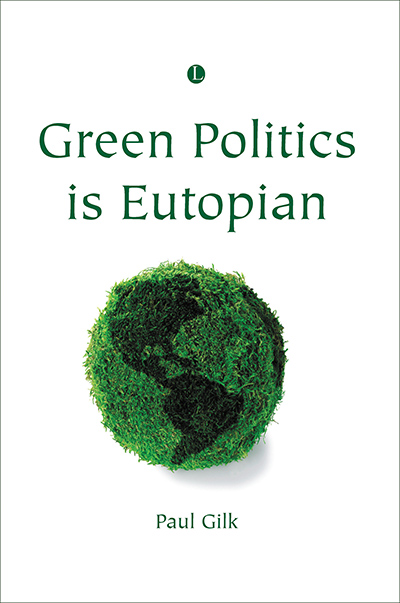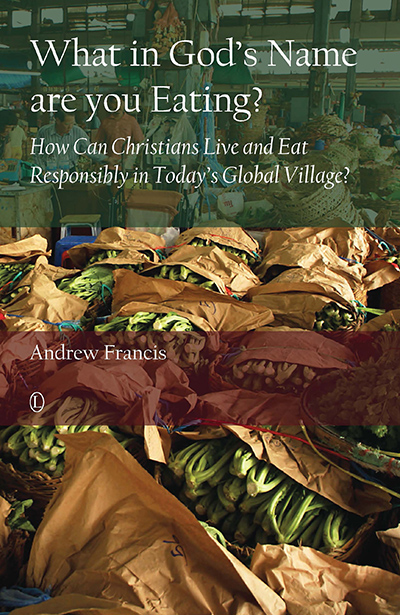Description
There have been various thinkers who have attempted to explain the Earth-altering (even ecocidal) features in modern life. Jacques Ellul, for instance, a French intellectual, became famous for his exposition of ‘technique’. But ‘technique’ does not adequately address the institutional context out of which ‘technique’ itself arises.
In these essays, Paul Gilk stands on the shoulders of two American scholars in particular. One is world historian Lewis Mumford, whose work spans fifty years of schalrship. The other is classics professor Norman O. Brown, who brought his erudition into a systematic study of Freud.
From these intellectuals especially, Gilk concludes that the accelerating ecocidal characteristics of ‘globalisation’ are inherent manifestations of perfectionist, utopian, predatory institutions endemic to civilisation. Our great difficulty in arriving at or accepting this conclusion is that ‘civilisation’ contains no negatives – it is strictly a positive construct. We are therefore incapable of thinking critically about it.
A corrective is slowly emerging from Green intellectuals. Green politics, says Gilk, is not utopian but eutopian. It is not aimed at perfectionist immortality but, rather, at earthly wholeness. Yet the ethical message of Green politics confronts a society saturated with utopian mythology. The question is to what extent, and at what speed, ecological and cultural breakdown will dissolve civilised, utopian certitudes and provide the requisite openings for the growth of Green, eutopian culture.
About the Author
Paul Gilk is an independent intellectual who lives in the woods of northern Wisconsin. A long practitioner of “voluntary poverty”, he chose a life of deliberate retreat by building and living in a small cabin for nearly twenty years before reconstructing a nineteenth-century log house, both homes without electricity or running water. He is married to a Swiss citizen, Susanna Juon. Between them, they have seven grown children.
Contents
Introduction
1. E.F. Schumacher: Utopian or Eutopian?
2. In Imitation of the Gods
3. The Mass-Hallucinatory Fantasy
4. The Perfectly Camouflaged Temple
5. Preliminary Thoughts on Green Education
6. Suspended in Civilized Values
7. A Green Critique of Socialist Agriculture
8. The Meaning of Green Agriculture
9. Victory over Dirt
10. A Landscape Disfigured
11. A Sea Change of Red-Green Babies
12. Isaac Asimov’s Foundation Trilogy: An Unanticipated Future
13. Green Thoughts on Economic Theory
14. The Conscious Id
15. Toppling the Sexual Avengers
16. The Dangerous Female
17. Masculine Politics
18. A Baroque Apotheosis of Geopolitical Cretinism
19. Domestic Stability Problems in the Alpha-Male Den
20. Carried Away by Joy
21. The Deferment Pit
22. The Conundrum Green Politics Is In
23. The Vision Thing
24. Preface to Fearful Energies
25. Their Fearful Energies
26. Keeping the Lid on Jesus’ Coffin
27. Eutopian Postscript
28. A Gardener’s Afterword
Endorsements and Reviews
Green Politics is Eutopian challenges the political practice of both mainstream environmentalists and militant Greens and calls them to an entirely different relationship with Nature
Dennis Boyer, author and folklorist






